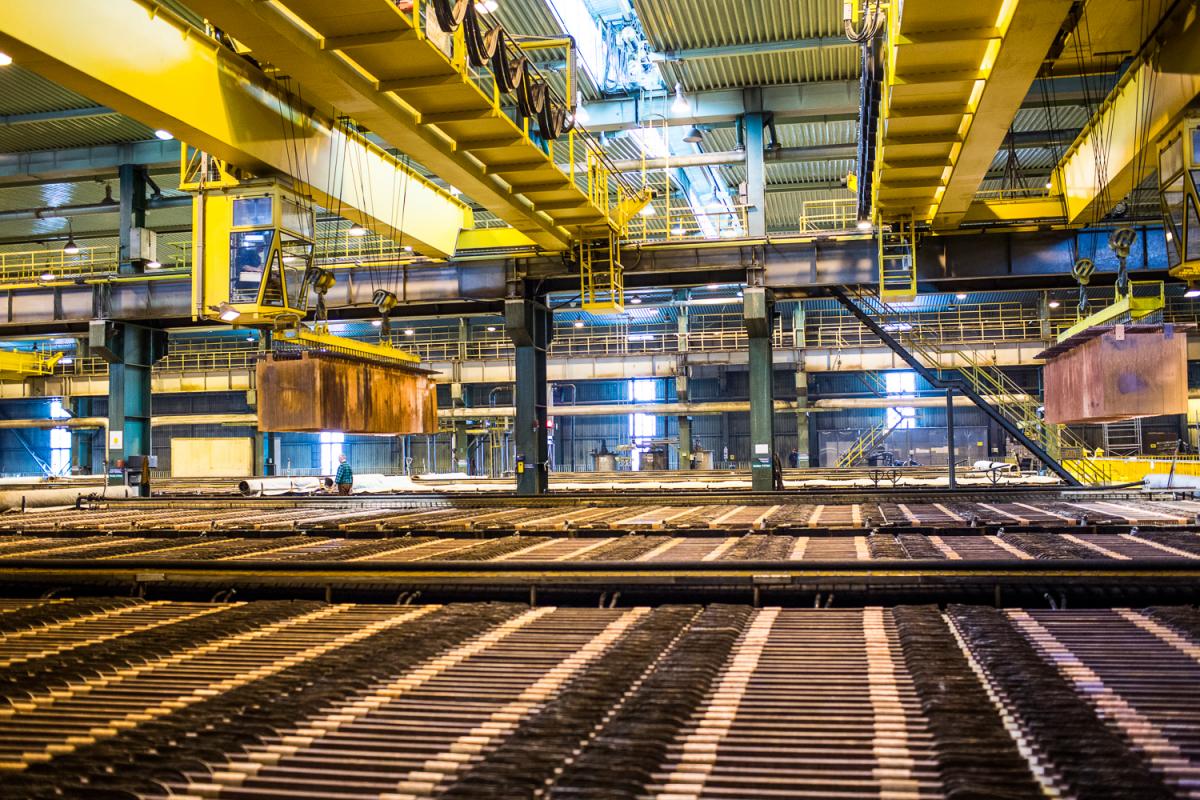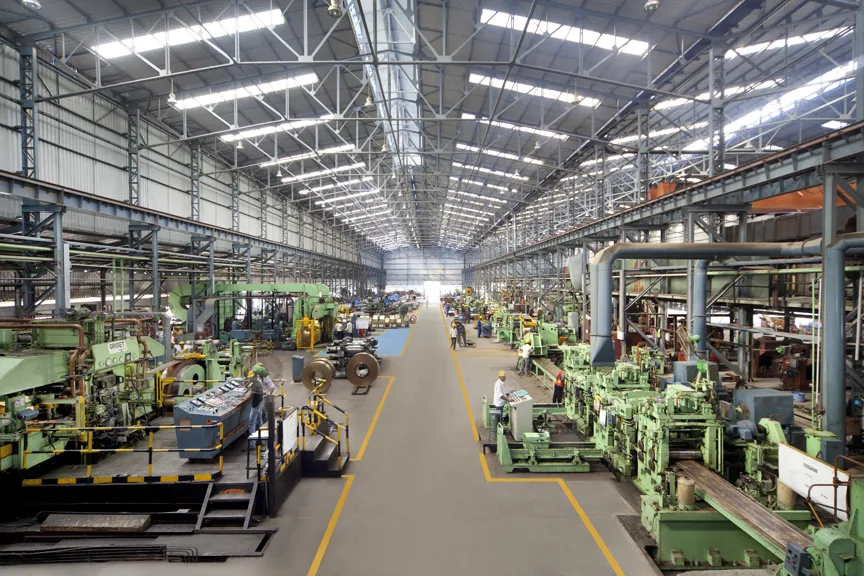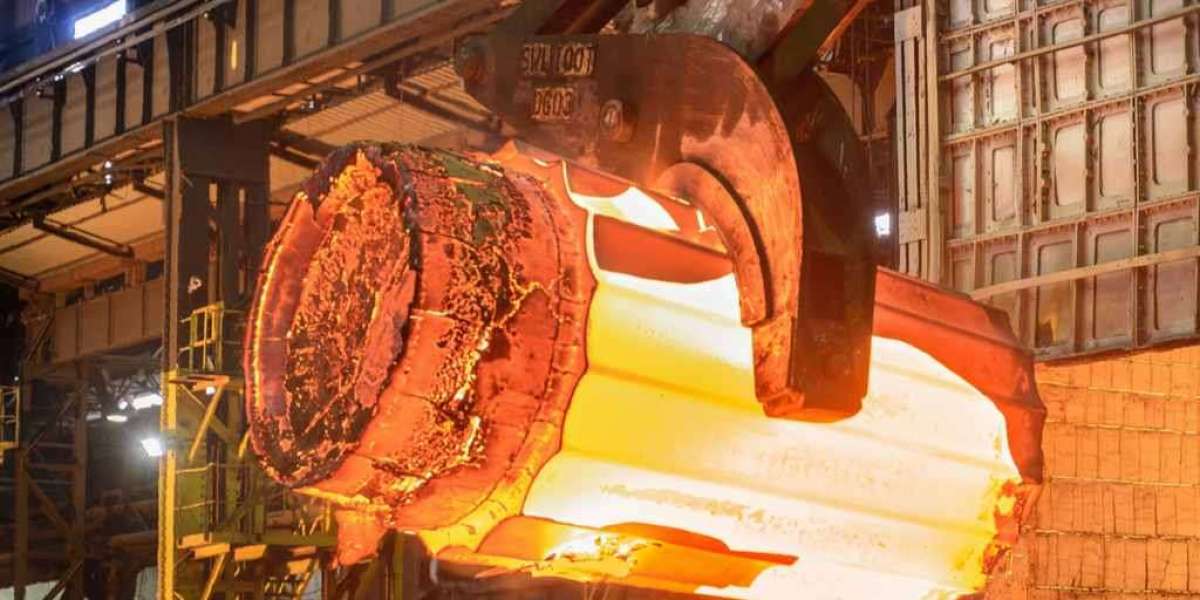With this surge in demand comes a pressing need to ensure that metal production is sustainable. Europe, known for its leadership in environmental standards and innovative industries, is taking significant steps to promote sustainable metal production. In this article, we will explore Europe's approach to sustainable metal production, including key initiatives, challenges, and future prospects. Stay informed with the latest metals news https://www.metalswire.net to understand how the continent is shaping the future of metal manufacturing.
The Growing Need for Sustainability in Metal Production
Metal production has long been an energy-intensive process, contributing significantly to greenhouse gas emissions. As the world transitions toward a greener future, industries must adapt to reduce their environmental footprint. The metal sector, which includes the extraction, refining, and recycling of metals such as steel, aluminum, and copper, is no exception. Europe's commitment to reducing carbon emissions and promoting sustainability is crucial in driving the transformation of metal production processes.
The European Union (EU) has set ambitious targets to achieve carbon neutrality by 2050, which includes reducing emissions from industries like metal production. These efforts are closely linked to the EU’s broader Green Deal and circular economy objectives, focusing on reducing waste, improving resource efficiency, and encouraging the reuse and recycling of materials.
Key Policies and Initiatives for Sustainable Metal Production
Europe is making strides in promoting sustainable metal production through a combination of policy frameworks, industry innovations, and investments in green technologies.

EU Green Deal and Circular Economy Action Plan
The European Green Deal aims to make Europe the world’s first climate-neutral continent by 2050. As part of this initiative, the EU's Circular Economy Action Plan encourages industries to adopt circular practices, where metals are reused, recycled, and repurposed to minimize waste and reduce environmental impacts. This plan includes measures to improve the recycling rates of metals, which are essential to creating a sustainable metal production system.The European Battery Alliance (EBA)
A major component of Europe’s approach to sustainable metal production is the development of a robust battery manufacturing ecosystem. The European Battery Alliance focuses on establishing a sustainable supply chain for key metals such as lithium, cobalt, and nickel, essential for the production of electric vehicle batteries. This initiative aims to reduce reliance on non-EU sources, ensuring a more sustainable and ethical supply chain while promoting recycling and reuse of battery materials.Sustainable Steel Production Initiatives
Steel production is one of the largest contributors to industrial emissions globally. In response, Europe is leading the way with projects such as HYBRIT (Hydrogen Breakthrough Ironmaking Technology), a joint initiative by SSAB, LKAB, and Vattenfall. The goal of HYBRIT is to replace coke, a key component in traditional steelmaking, with hydrogen, significantly reducing carbon emissions in the steel production process. This innovation aligns with Europe’s broader goals of decarbonizing heavy industries and advancing green technologies.Carbon Pricing and Emission Trading Schemes
The EU Emissions Trading System (EU ETS) is a key policy tool used to regulate and reduce carbon emissions from industries, including metal production. By putting a price on carbon, the EU encourages companies to adopt greener technologies and processes. This market-based approach incentivizes metal producers to invest in low-carbon technologies and reduces the overall environmental impact of metal production.
Innovations Driving Sustainable Metal Production
Technological innovations are central to Europe’s approach to sustainable metal production. The European metal industry is leveraging cutting-edge solutions to make the production process more efficient and eco-friendly.
Green Steel Technologies
In addition to hydrogen-based production, other green steel technologies are emerging. For example, the use of electric arc furnaces (EAFs) in steelmaking has become increasingly popular due to their ability to recycle scrap steel and reduce energy consumption compared to traditional blast furnaces. This approach significantly lowers CO2 emissions and contributes to the circular economy by promoting the reuse of materials.Recycling and Resource Efficiency
Metal recycling plays a crucial role in reducing the environmental impact of metal production. Europe has one of the highest recycling rates for metals globally, particularly for materials like aluminum, steel, and copper. Innovations in sorting technologies, automated systems, and the development of more efficient recycling processes are improving the quality and quantity of recycled metals, further reducing the need for virgin resources.Advanced Extraction Methods
Europe is also investing in advanced extraction methods that minimize environmental damage. For example, bioleaching, which uses bacteria to extract metals from ores, is gaining attention as a more sustainable alternative to traditional mining methods. This technique reduces the need for toxic chemicals and water-intensive processes, making it a cleaner option for metal extraction.
The Challenges of Sustainable Metal Production in Europe

While Europe is making significant progress in sustainable metal production, several challenges remain. One of the main hurdles is the high initial investment required for green technologies. Transitioning to low-carbon production methods, such as hydrogen-based steelmaking or electric arc furnaces, demands substantial capital investment and infrastructure development.
Additionally, the availability of critical raw materials remains a concern. Europe’s reliance on imports for certain metals, such as rare earth elements and lithium, poses supply chain risks. As demand for these metals grows, especially in the electric vehicle and renewable energy sectors, ensuring a stable and sustainable supply of raw materials becomes increasingly important.
The Future of Sustainable Metal Production in Europe
The future of metal production in Europe is undoubtedly green. As the industry continues to innovate and adopt sustainable practices, it is expected that Europe will lead the world in responsible metal production. Further advancements in recycling technologies, green steel production, and sustainable mining methods will play a key role in reducing the environmental impact of metal production.
Moreover, Europe’s collaborative approach, involving policymakers, industry stakeholders, and research institutions, is fostering an environment of innovation that will support the transition toward more sustainable metal production. By 2050, Europe aims to not only achieve carbon neutrality but also create a competitive and sustainable metal industry that can serve as a model for the rest of the world.
Stay updated with the latest metals news to keep track of these developments and understand how Europe's commitment to sustainability is shaping the global metal industry.



